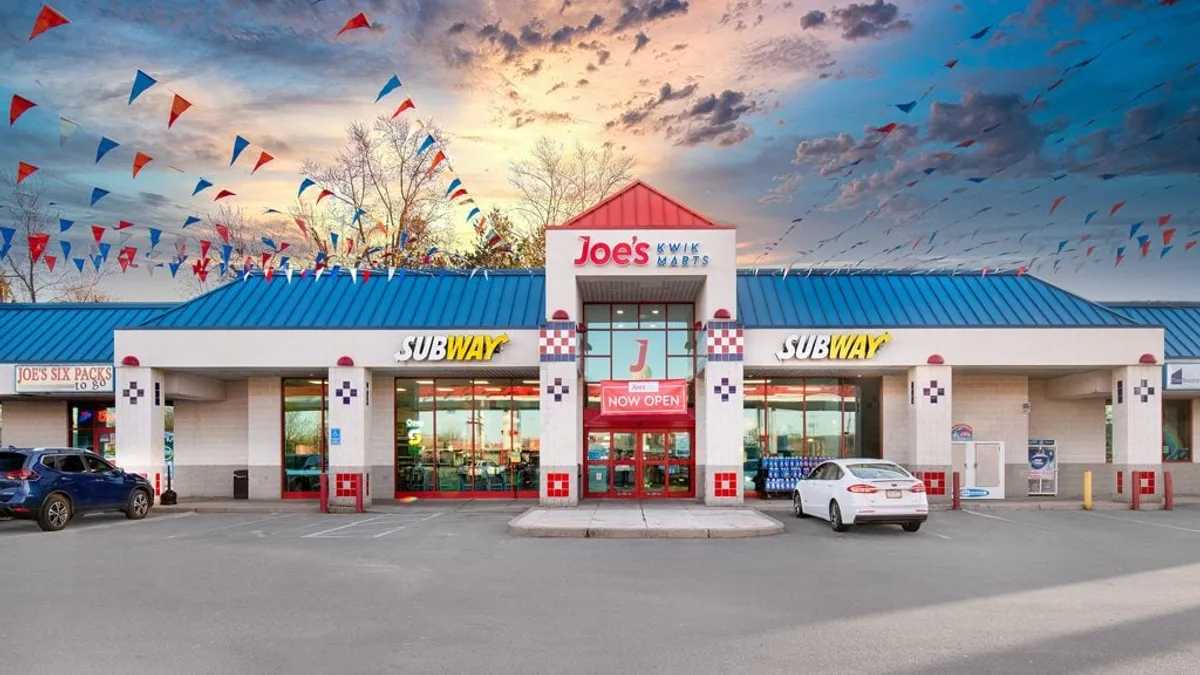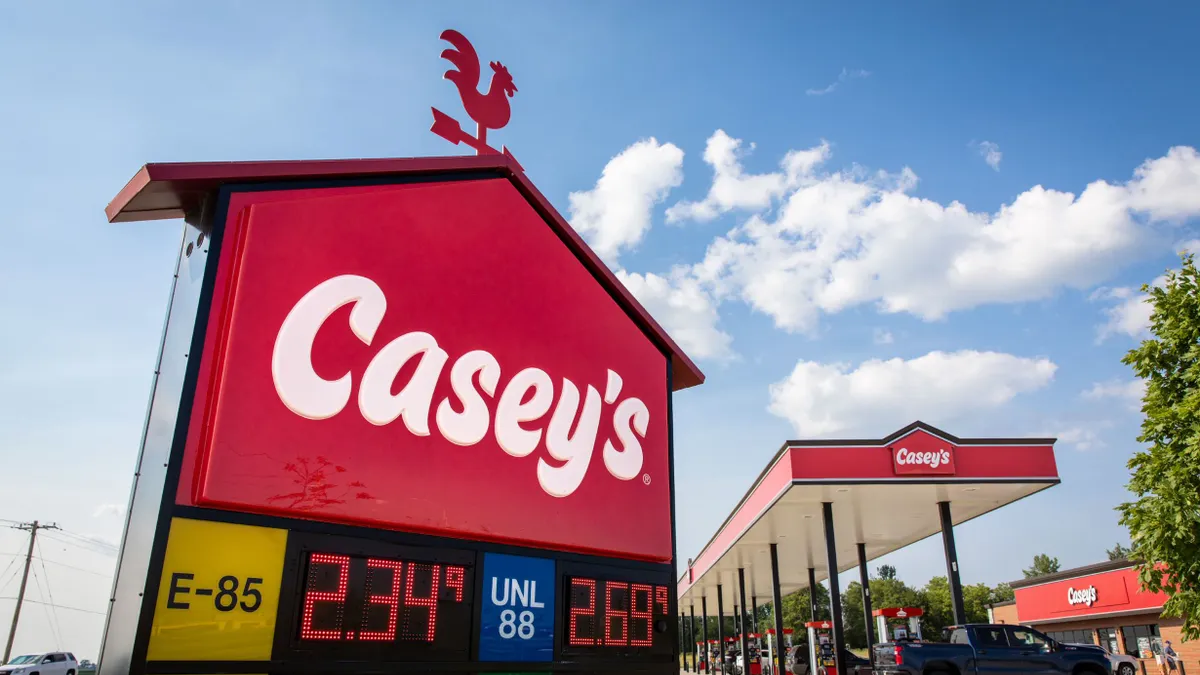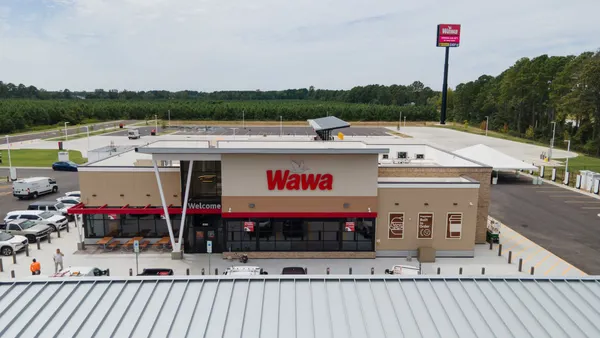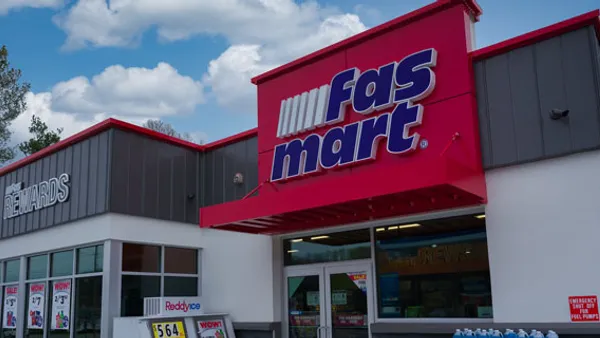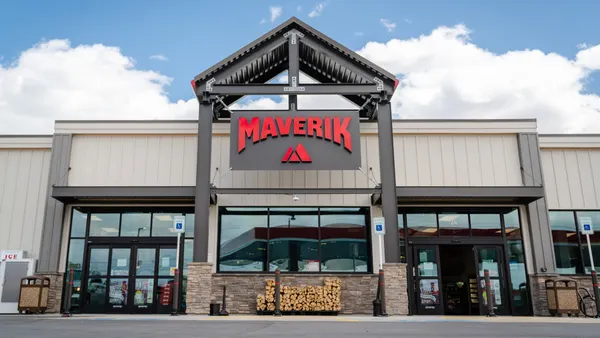Dive Brief:
- CrossAmerica Partners sold 60 convenience retail properties across several states during Q2, the company reported in its earnings statement on Thursday.
- The buyers included multiple “small independent operators,” a company spokesperson said in a statement to C-Store Dive. The 60 stores are scattered across the South Central, Mountain West and Northeast regions of the U.S., and included locations in Colorado and Kansas, marking CrossAmerica’s exit from those states, according to the statement and the company’s spokesperson.
- The divestitures were part of CrossAmerica’s ongoing real estate rationalization efforts, which have notably included beefing up its c-store footprint by converting dealer sites to company-owned locations over the past year.
Dive Insight:
Part of CrossAmerica’s rationalization efforts has also included selling stores in regions the company doesn’t see as core to its strategy. The 60 stores sold last quarter doubled the 30 locations CrossAmerica offloaded in all of fiscal 2024, according to last year’s Q4 report, signaling that the company is doubling down on its rationalization strategy.
Nifong emphasized CrossAmerica’s intent on continuing this strategy during Thursday’s earnings call, noting that the 60 stores sold last quarter “were generally lower performing sites and markets that we have decided were no longer strategic for us,” he said. He noted that CrossAmerica will maintain fuel supply agreements with the majority of the sold locations.
CrossAmerica’s company-operated site count dropped from 372 this time last year — and 376 at the end of last quarter — to 361 at the end of Q2. This decrease was “primarily attributable” to the series of sales made during the quarter, according to the report.
The sale resulted in $64 million in proceeds and a net gain of just under $30 million, according to the earnings report. Nifong added that CrossAmerica “has a strong pipeline of asset sales” through 2025.
“[We] expect to continue to add meaningfully to the total dollar value of sites divested by the end of the year,” Nifong said.



